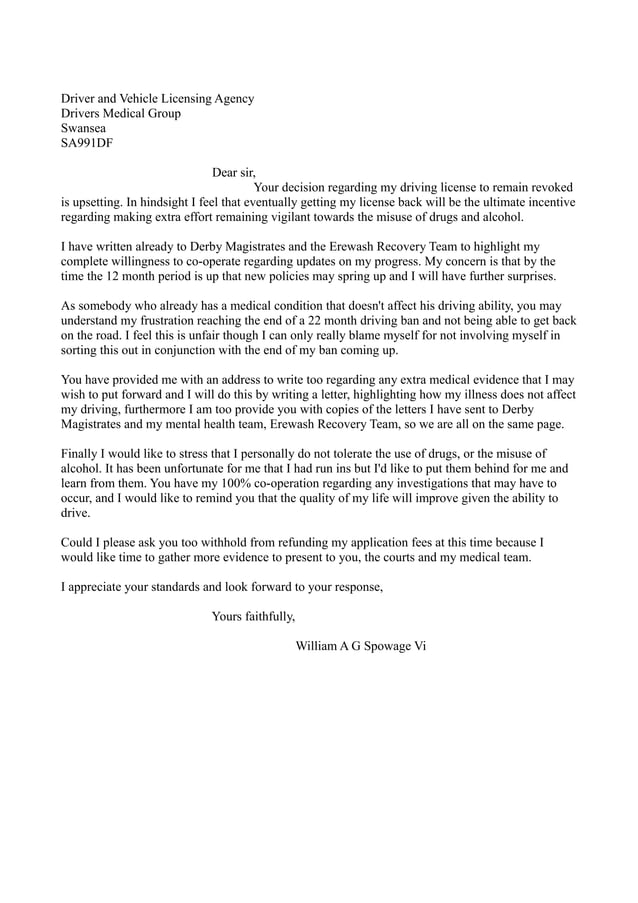In the intricate dance of international relations, few incidents capture global attention quite like the recent developments involving Colombian President Gustavo Petro and the United States. As tensions escalated between Petro and the Trump administration, an unexpected move by the U.S. to revoke Petro's visa has sent ripples through diplomatic circles. This exclusive insight delves into the complexities of this geopolitical standoff, exploring the implications and underlying motivations behind the U.S.'s decision.
Amidst growing discord over migration policies and trade tariffs, the cancellation of hundreds of visa appointments at the U.S. Embassy in Bogotá marked a turning point in U.S.-Colombian relations. The incident not only highlighted the strained relationship between the two nations but also underscored the broader challenges faced by Latin American countries in navigating their alliances with powerful global players. This article examines the unfolding drama and its potential repercussions on regional stability.
Political Dispute Sparks Visa Cancellation Crisis
The recent spat over deportation flights has led to a dramatic turn of events as the U.S. cancelled hundreds of visa appointments at its embassy in Bogotá. Dozens of Colombians arrived expecting routine consular services only to be handed letters informing them that their appointments had been abruptly terminated. This unprecedented action reflects the escalating tension between the U.S. and Colombia, with each side employing economic and political leverage to assert dominance.
This decision was precipitated by disagreements regarding the handling of deported migrants. The White House claimed victory in persuading Colombia to accept these flights, despite earlier threats from President Donald Trump to impose steep tariffs if compliance was not achieved. Such measures exemplify the use of punitive economic tools as bargaining chips in international diplomacy.
For many Colombians, the abrupt cancellations were a stark reminder of how geopolitical disputes can directly impact individual lives. The situation underscores the delicate balance required when managing relationships with major powers, where national interests often collide with external pressures.
Colombia Confronts Trade Tariffs Amid Visa Revocations
In response to U.S. demands, Colombia eventually agreed to take back deported migrants, averting immediate tariff impositions. Earlier, President Trump had ordered visa restrictions and proposed 25% tariffs on Colombian goods. The Trump administration and Petro exchanged statements, with the latter voicing strong opposition to such unilateral actions. The White House heralded this outcome as a triumph, showcasing its ability to compel foreign governments into alignment with its policies.
Gustavo Petro, however, condemned these tactics, suggesting that Colombia might retaliate with reciprocal tariffs on U.S. products. By proposing a 50% levy, Petro signaled his intent to defend Colombian sovereignty against perceived bullying. This tit-for-tat approach threatens to escalate into a full-blown trade war, further complicating bilateral ties.
Such confrontational exchanges highlight the precarious nature of modern diplomacy, where leaders must carefully weigh the costs and benefits of standing firm versus compromising for the sake of peace. For Colombia, balancing domestic priorities with international obligations remains a formidable challenge.
Personal Diplomacy Under Scrutiny
Colombian President Gustavo Petro made headlines when he claimed that his U.S. visa had been revoked by the Trump administration. Using humor, Petro likened the experience to encountering Donald Duck, implying that whimsical decisions seemed to govern U.S. foreign policy. Despite the levity, the revocation carries significant weight, potentially affecting future diplomatic engagements between the two nations.
Petro’s assertion aligns with previous warnings issued by the Trump administration, which threatened similar actions against high-ranking officials unless Colombia complied with its demands. Should this trend continue, Petro may join a shortlist of world leaders whose travel privileges have been curtailed due to political disagreements. This development raises questions about the effectiveness of personal diplomacy in resolving conflicts.
As the second Colombian president facing such treatment, Petro’s case serves as a cautionary tale about the risks associated with challenging established powers. It also invites reflection on whether alternative strategies, such as forming coalitions with other Latin American nations, might offer more sustainable solutions in resisting undue influence.

